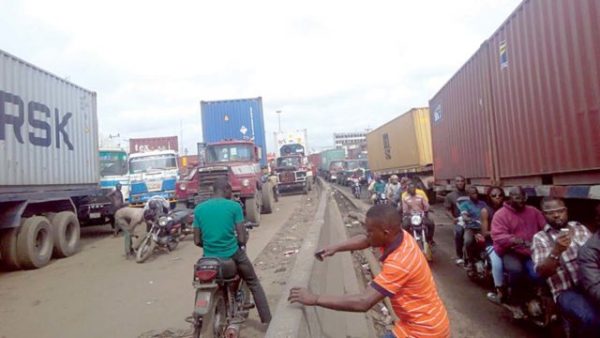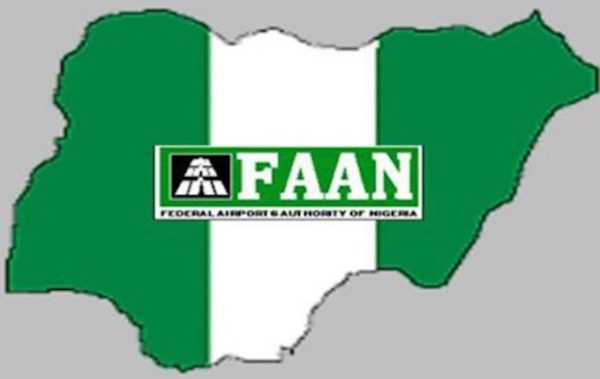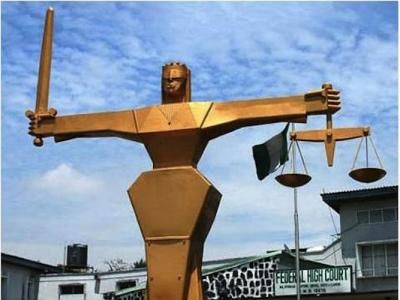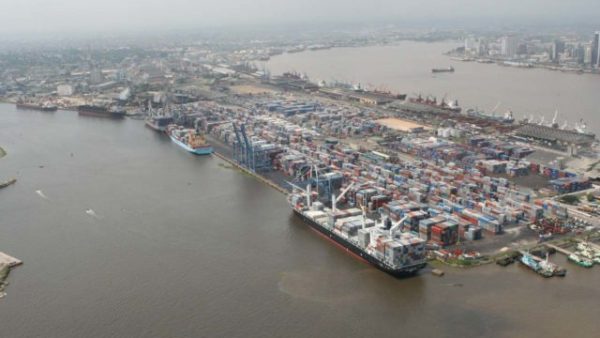ON THE SPOT MANAGER
Okada Ban And Tin Can Island Port Access
The menace of motorcycle operators popular known as “Okada” riders in Lagos is too numerous to quantify, but Nigeria’s commercial city has become characterized by gridlocks and Okada is perhaps the most viable alternative to keep up with crucial appointments.
For port operators, service providers and port users at the Tin Can Island Port, Okada has been the only mode of transport to access the port environs as the Mile 2/ Tin Can road has been inaccessible by cars and buses and this has raised an alarm as the Lagos state governor is talking tough on an outright ban of motorcycles in the state.
The Governor of Lagos, Mr. Babajide Sanwo-Olu during a recent security town hall meeting in Lagos disclosed that the state has provided First & Last Mile (FLM) Bus as alternatives to address the menace and security threats constituted by Okada riders
According to the governor, the FLM buses will serve the 286 identified routes, connecting highways and Lagos inner roads. The buses will deliver it’s passengers to their final destinations, but the question is how would this be possible for Tin Can Island port users and those who patronize the numerous tankfarms in the area.
While appraising the security situation in Lagos at the security forum, Commissioner of Police, Mr. Hakeem Odumosu, raised alarm over rising security breaches resulting from the menace of Okada operations in the state.
According to the police chief, between January and early May, 320 commercial motorcycles were arrested in 218 cases of criminal incidents in which 78 suspects were detained and 480 ammunition recovered.
In the same period, the Lagos police chief disclosed that Okada accounted for 83 percent of 385 cases of avoidable fatal vehicular accidents in Lagos. Odumosu further stressed that crime reports from the field have shown that a greater percentage of crimes, ranging from armed robbery, cultism, kidnapping, murder, burglary and stealing, traffic robbery to carjacking and cash snatching from bank customers, are attributable to armed hoodlums who operate on Okada.
There is no doubt that effective security is crucial to the attainment of a prosperous society, however, an outright ban on motorcycles and tricycles shouldn’t be best approach because efficient regulations could dissipate the challenges posed by the operations.
Lagos is home to over 22million residents with over 5million cars and 200,000 commercial vehicles, and most Lagos residents speed more than 3 hours in traffic daily, losing productive hours on the road. It is unrealistic to believe that buses alone will solve traffic problems in the state.
There are too many cars congesting the roads, amplifying traffic problems. Buses also have fixed routes and do not operate on inner routes and definitely can’t take each passengers to their door step.
Motorcycles and tricycles are the only means of transportation to inner streets for many Lagosians coupled with the fact that some communities are still not motorable. They also serve as succour in the midst of worst traffic situation over the years.
Great number of commuters plying Mile 2 to access Apapa port and Tincan port resort to use of okada as a result of the traffic situation on that route with the ongoing road construction also distorting vehicular movement on that axis. With thousands of tankers and container laden trucks plying the route, the collapse of Eto platform, extortion of truck drivers by touts and government agencies that are supposed to regulate orderly movement of vehicles, there is no alternative but motorcycles for the residents and workers.
The impact of the ban are multifaceted, unemployment is on the rise as this would lead to more job loses, spending more time on the road due to traffic will affect mental state of residents and adversely affect productivity.
Effective alternative means of transport is what commuters need and not addition of more buses on the roads.






